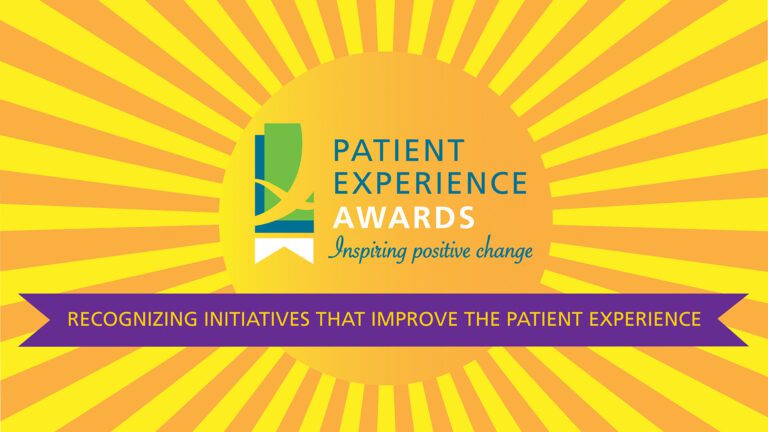
Many Albertans who wish to begin methadone or suboxone treatment are unable to access an opioid dependency program in-person to get assessed by a physician and prescribed the appropriate medication. Alberta’s Virtual Opioid Dependency Program (VODP) allows individuals all over Alberta, including those who live in remote areas or have mobility issues, an opportunity to meet with a physician using video conferencing or even over the phone to potentially get started on treatment that same day.
The VODP consists of physicians, mental health therapists, addiction counsellors, social workers, and administrative support. Individuals who are interested in starting treatment can either be referred to the program by another health professional, or they can reach out to the VODP directly. Once an individual is “virtually” assessed, the physician can write a prescription and send it immediately to the pharmacy of the individual’s choice.
Lauren Acheson is the licensee at the Onoway Health Care Pharmacy—one of approximately 400 community pharmacies across Alberta that work with the VODP.
“Pharmacists have a vital role within any opioid dependency program, because we have the most contact with the patient on a day-to-day or weekly basis,” said Lauren. “With the VODP, we’re the only in-person contact, so we get to see a lot more of the patient. For me, reading the body language of patients or even the small things they’ll say here and there about their day helps us understand how to better help them.”
The VODP was chosen as one of four recipients of the 2020 Health Quality Council of Alberta Patient Experience Awards, which recognize and spread knowledge about initiatives that improve patients’ overall experiences in accessing and receiving healthcare services. VODP manager Kelly Smith says the program couldn’t succeed without the work of community pharmacy teams.
“Pharmacies are really an extension of our team,” said Kelly. “Often, they are our eyes and ears on the client. They can assess how they feel the client is doing and will pass that information on to our team. We have some clients who don’t have cell phones, so we will contact the client through the pharmacist. They monitor whether the client is taking their dose. They provide us with missed-dose notifications. Pharmacists are extremely valuable to us.”
Lauren values collaborating with the VODP team and appreciates the respect that exists between all team members and pharmacists.
“Any time I have a concern, they’re on it immediately, getting a hold of the patient, getting a hold of the physician, making whatever changes are needed. They are always willing to work with us,” she said. “That works both ways. I keep them updated with whatever we see going on. I probably over-communicate but I think that’s better than under-communicating. I like to keep them in the loop even with things that may not seem important, but then it ends up being a vital piece of information. We’re a stronger team when we all know what’s going on.”
The collaboration and respect that exist between professions lead to a better experience and better results for people, both key factors in the VODP being recognized by the HQCA. Kelly says the program’s clients are reducing the amount of medications they are taking, finding employment, and reconnecting with their families.
“It speaks to the quality of care that the team provides,” said Kelly. “It’s fantastic. The staff here all care very much for the clients. They believe in what they’re doing. That comes back in the feedback we get from clients. It’s tremendously satisfying for the team to get recognized. There are a lot of people who don’t know we exist. Hopefully the more we can get our name out there, the more we can help people who need it.”
Lauren felt the award was a deserving honour and feels privileged to play a role in providing opioid dependent patients with a positive experience.
“Working with an opioid dependency program, it’s so rewarding to see people who are struggling gain a sense of power and control over that area of their life, and find a place of healing and support.”




